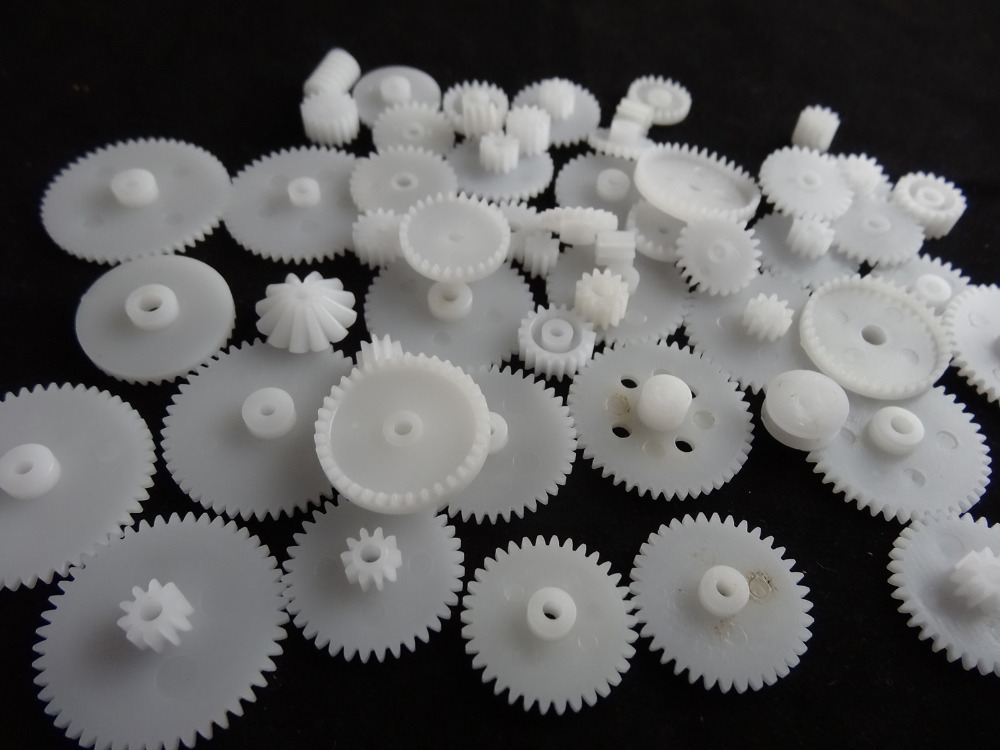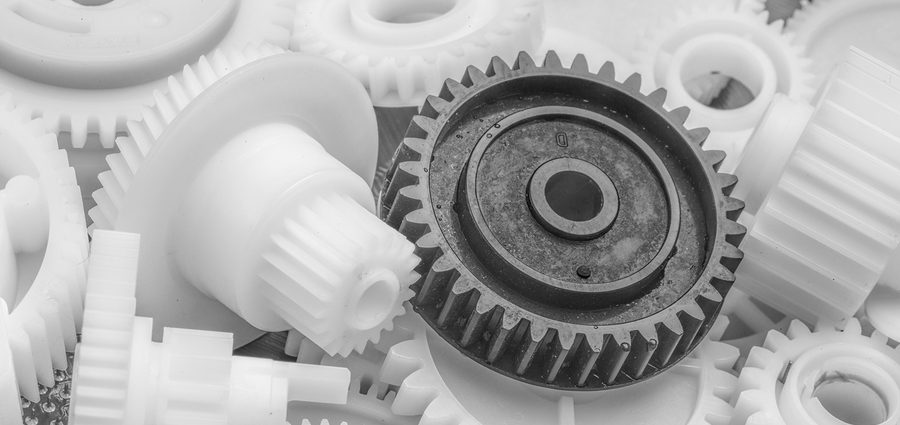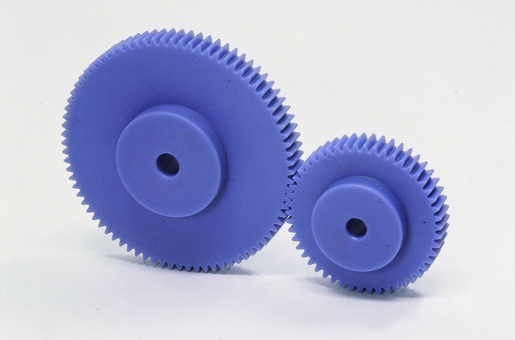Product Description
Sliding door & Window roller
| Material: METAL housing AND WHEEL |
| For door or window; |
| Superior quality and good prices; |
| Different kinds of sliding rollers available; |
| We’re able to develop new items as per buyer’s sample or drawing. |
Kingtex Industry Co., Ltd., founded in 2005, a professional manufacturer and exporter of various hardware for door and window, including window roller, window handle, window lock, window latch, window hinge, window operator, window pulley, door handle, door roller, corner, glass clamp, glass spider fitting, aluminium door lock, glass door lock, wire mesh, and so on, is located in HangZhou, which is 1 of the most active cities in China.
We are able to offer excellent quality, competitive price and prompt delivery, so we have a very good reputation in this field. Our export markets cover CHINAMFG including Middle East, East Europe, Middle and South America, South Asia and North Africa and so on.
We are developing and designing new patterns to our customers all the time. If you have any enquiry for our products, please don’ t hesitate to contact us. We will be pleasant to serve you.
Relying on the principle of “Quality First, and Customer Utmost”, welcome clients from all over the world to visit our factory and cooperate with us for mutually beneficial business.
/* January 22, 2571 19:08:37 */!function(){function s(e,r){var a,o={};try{e&&e.split(“,”).forEach(function(e,t){e&&(a=e.match(/(.*?):(.*)$/))&&1
| Warranty: | 3 Year |
|---|---|
| MOQ: | 1000PCS |
| Type: | Ball Bearing |
| Frame Material: | Steel |
| Roller Material: | Plastic |
| Usage: | Window, Door |
| Customization: |
Available
|
|
|---|

What maintenance practices are recommended for plastic wheels to ensure optimal functionality?
Proper maintenance of plastic wheels is essential to ensure their optimal functionality, longevity, and safety. Here are recommended maintenance practices for plastic wheels:
- 1. Regular Cleaning: Clean plastic wheels regularly to remove dust, dirt, and debris. Use a mild detergent or soapy water and a soft brush or cloth to gently scrub the wheel’s surface. Rinse thoroughly and allow the wheels to dry completely.
- 2. Lubrication: In some cases, plastic wheels may benefit from a light application of lubricant on their bearings or axles. Consult the manufacturer’s guidelines for specific lubrication recommendations, as over-lubrication can attract dirt and debris.
- 3. Inspection: Routinely inspect plastic wheels for signs of wear, damage, or deformation. Look for cracks, chips, or irregularities in the wheel’s surface. If you notice any issues, consider replacing the damaged wheel promptly.
- 4. Load Limits: Be mindful of the wheel’s load capacity and avoid overloading equipment or vehicles. Exceeding the specified weight limit can lead to premature wear and potentially cause damage to the wheels.
- 5. Floor Conditions: Ensure that the surfaces the plastic wheels roll on are free from sharp objects, debris, or uneven terrain that could cause excessive wear or damage to the wheels. Smooth and clean floors contribute to longer wheel life.
- 6. Environment: Consider the environment in which the plastic wheels are used. Some chemicals or abrasive substances may accelerate wear. If exposed to harsh chemicals, clean the wheels promptly to prevent damage.
- 7. Temperature: Be aware of temperature extremes. Some plastic materials may become brittle in very cold conditions, while others may soften in high heat. Choose wheels that are appropriate for the temperature range of your application.
- 8. Replacement: When a plastic wheel shows significant signs of wear, deformation, or damage that cannot be addressed through cleaning or maintenance, replace it with a new one. Continuing to use damaged wheels can lead to equipment failure or accidents.
- 9. Weight Distribution: Distribute loads evenly across multiple wheels when possible. Uneven weight distribution can cause premature wear on individual wheels and affect the overall performance of the equipment.
- 10. Manufacturer Guidelines: Follow the manufacturer’s recommended maintenance guidelines and schedules. Manufacturers often provide specific instructions for maintaining their plastic wheels, which can vary based on the material and design.
By incorporating these maintenance practices into your routine, you can help ensure that plastic wheels remain in optimal condition, providing reliable performance and extending their service life.

What considerations should be taken into account when using plastic wheels in different environments?
Using plastic wheels in various environments requires careful consideration of factors to ensure optimal performance and longevity. Here are key considerations when using plastic wheels in different settings:
- 1. Load Capacity: Determine the weight-bearing capacity required for your specific application. Ensure that the plastic wheels you choose can handle the anticipated loads without deformation or failure.
- 2. Material Selection: Select the appropriate plastic material for the environment. Different plastics offer varying levels of resistance to chemicals, moisture, temperature extremes, and UV exposure. Choose a material that aligns with the conditions in which the wheels will operate.
- 3. Temperature Range: Consider the temperature range of the environment. Some plastic materials may become brittle in cold conditions or soften in high heat. Ensure that the selected plastic wheels are suitable for the expected temperature extremes.
- 4. Chemical Exposure: Evaluate whether the wheels will come into contact with chemicals, solvents, or corrosive substances. Choose plastic materials with high chemical resistance to prevent degradation or weakening of the wheels.
- 5. Moisture and Humidity: If the environment is humid or wet, opt for plastic wheels that are moisture-resistant and do not absorb water. This prevents swelling or degradation of the wheels in damp conditions.
- 6. Surface Conditions: Consider the condition of the surfaces the wheels will roll on. Ensure that the flooring or terrain is free from sharp objects, debris, or obstacles that could cause premature wear or damage to the wheels.
- 7. Floor Protection: In indoor environments, choose plastic wheels that do not mark or damage flooring surfaces. Non-marking wheels are essential for preserving the appearance of floors.
- 8. Noise Levels: Assess the noise requirements of the environment. If noise reduction is a priority, select plastic wheels known for their quiet operation, and consider noise-dampening design features.
- 9. Customization: Determine if customization is necessary. Some applications may benefit from wheels with specific tread patterns, sizes, or load ratings. Customization allows you to tailor the wheels to your exact requirements.
- 10. Safety: Prioritize safety considerations, especially in industrial or automotive settings. Ensure that the chosen plastic wheels provide stability and do not compromise safety when handling heavy loads or operating in challenging conditions.
- 11. Maintenance: Plan for regular maintenance and inspections of the wheels based on the environment’s demands. Follow manufacturer guidelines for maintenance practices to extend wheel life and ensure continued functionality.
- 12. Compatibility: Ensure that the plastic wheels are compatible with the equipment or vehicles they will be installed on. Consider factors like wheel size, attachment mechanisms, and load distribution to avoid compatibility issues.
- 13. Regulatory Compliance: In some industries, compliance with specific regulations or standards may be necessary. Ensure that the plastic wheels meet any relevant industry standards or certifications.
By carefully assessing and addressing these considerations, you can make informed decisions when using plastic wheels in diverse environments, optimizing their performance, and ensuring their suitability for the specific conditions they will encounter.

Can you explain the primary functions and applications of plastic wheels in various industries?
Plastic wheels serve essential functions in various industries due to their unique properties and versatility. Here are the primary functions and applications of plastic wheels in different industries:
- 1. Material Handling: Plastic wheels are widely used in material handling equipment, including carts, dollies, and conveyor systems. They provide smooth and noiseless movement, making them suitable for transporting goods in warehouses, factories, and distribution centers.
- 2. Office Furniture: Plastic wheels are commonly found on office chairs and furniture. They allow for easy mobility, quiet operation, and floor protection. These wheels are often made from soft materials like polyurethane to prevent damage to flooring.
- 3. Automotive: In the automotive industry, plastic wheels are used for various applications, including caster wheels on tool carts, wheels for automotive jacks, and even lightweight spare tire wheels. They offer a balance of durability, weight savings, and cost-effectiveness.
- 4. Retail and Shopping Carts: Plastic wheels are a staple in retail and shopping cart applications. They provide smooth and silent movement for shoppers while navigating stores. The lightweight nature of plastic wheels reduces cart weight, making them easier to push.
- 5. Medical Equipment: Plastic wheels are used in medical equipment, such as hospital carts and medical devices. Their non-corrosive properties, lightweight design, and ease of cleaning make them suitable for healthcare settings.
- 6. Aerospace: In the aerospace industry, plastic wheels are used in ground support equipment, maintenance carts, and aircraft cabin service carts. Their lightweight construction is advantageous for handling equipment around aircraft.
- 7. Food and Beverage: Plastic wheels are found in food service equipment, including food carts, serving trolleys, and food processing machinery. They are resistant to moisture and corrosion, which is critical in food handling environments.
- 8. Recreational Vehicles (RVs) and Trailers: Plastic wheels are used in RV leveling jacks and trailer jacks. They provide stability and easy adjustment for leveling RVs and trailers when parked.
- 9. DIY and Home Improvement: Plastic wheels are used in DIY projects and home improvement applications. They can be found on hand trucks, utility carts, and DIY furniture, offering ease of movement and floor protection.
- 10. Marine and Boating: Plastic wheels are used on boat trailers and marine equipment. They resist corrosion from saltwater exposure and offer buoyancy, making them ideal for marine applications.
- 11. Agriculture: In agriculture, plastic wheels are used on farm equipment, including wheelbarrows and agricultural carts. They provide durability and easy maneuverability in outdoor and rugged environments.
Plastic wheels are valued for their lightweight, corrosion resistance, cost-effectiveness, and adaptability across a wide range of industries. They play a vital role in improving mobility, efficiency, and performance in various applications.


editor by Dream 2024-04-29